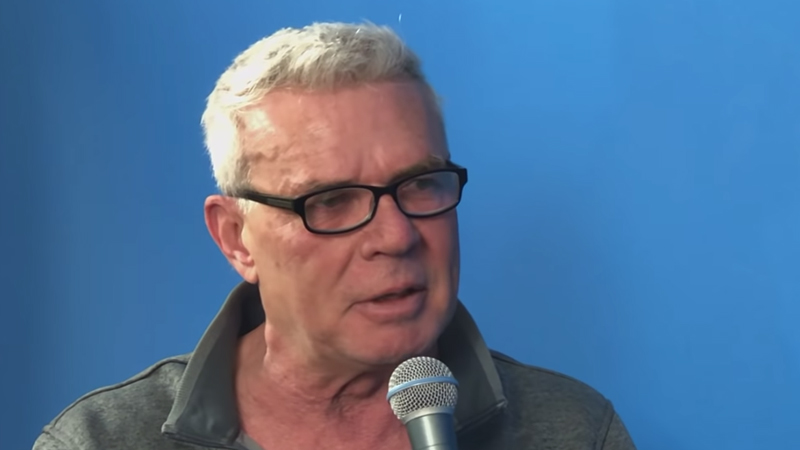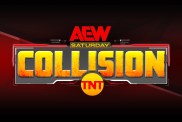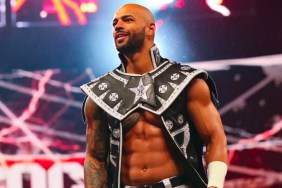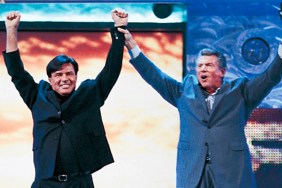Eric Bischoff recently spoke to Wrestlezone’s Kevin Kellam ahead of his live appearance at C2E2 After Dark. Bischoff spoke about how he ended up getting the initial slot for WCW Monday Nitro after a meeting with Ted Turner. Bischoff said his initial goal was never to beat WWF, but rather just focus on making WCW a success:
“Ironically, my goal was never to compete with the WWF at that time. My goal was just to make my company successful. WCW had never turned a profit in all of the years that Ted Turner had [owned] it, but Ted liked wrestling because he believed it brought eyeballs to the network. It was almost a loss leader for Turner Broadcasting, but my goal was just to get to the point where we were breaking even, or making a small profit. My intention was never to go head-to-head, that came about in 1995, when I had a meeting with Ted Turner, and I went in to talk to Ted about international distribution. I had a whole business plan laid out to present to Ted, and about two minutes into the pitch he said, ‘Eric, what do we have to do to compete with WWF?’ I said I hadn’t thought of that, it hadn’t occurred to me. The only answer I could come up with is they are in prime time, and we’re not. He looked over at a guy named Scott Sassa, who was his right-hand man at the time and he said, ‘Scott, give Eric two hours every night on Monday night on TNT opposite of WWF.’ I was like ‘Dude! Whoa!’ I didn’t expect that. That’s how that happened, it was never intentional on my part. It was never a goal, but I had a gun to my head and I had to succeed. If Ted Turner gives you two hours of prime time on the number one network in the Turner portfolio, you’d better be successful.”
Bischoff continued, saying it all finally “clicked” for him when he realized he needed to put a different wrestling product on the air, and focused on all of the ways he could set WCW apart from the (then) World Wrestling Federation:
“Right after I left this meeting with Ted, and I knew that I was going to have this challenge producing this live—at the time we didn’t know it was going to be live—but I knew that I was going to be producing a show that was going to be going head-to-head with the WWF. I literally went into a room by myself, not much bigger than the one we’re in, with a yellow legal pad and a pen, and I made a list of all of the things that the WWF was really great at. On the opposite side of the paper, I made a list of all the ways that I could be exactly the opposite of them. Not that I didn’t want to be great like them, but their show was taped. I went ‘their show is taped weeks in advance, OK, I’m going to go live.’ [WWF] markets to kids from 6-11, 6-14 years old, I’m going to go after males 18-34. I realized that I couldn’t be better than the WWF, that wasn’t really in my grasp, but I could be different than the WWF. I realized that’s it’s smarter to try and be different than your competition than it is to try and be better than your competition. Once I made a list of all the ways that I could be different, I started to get really excited about it. I knew I was on to something at that moment. It wasn’t really a big creative idea like coming up with the nWo or the Cruiserweight division—those are good ideas too—but I think at the core of what I achieved, it was realizing that you don’t have to be better, you have to be different.”








